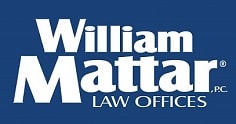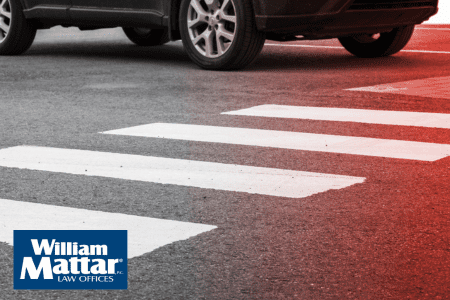

(844) - 444-4444

Our last post explored, proposed Assembly Bill A31 is New York’s reaction to car manufacturers’ testing of self-driving cars on our roads.
While that post focused on amendments to the Vehicle & Traffic Law, today’s post will hone in on the proposed amendments to the General Obligations Law.
The primary change to the General Obligations Law is contained in Section 9-303. That provision addresses the liability a car manufacturer, distributor, or dealer where a motor vehicle is converted into an autonomous vehicle by a third-party after delivery.
In other words, the section applies where a “regular” car is purchased and, while under the ownership of the purchaser, converted into a self-driving vehicle.
According to proposed Section 9-303, in that scenario the manufacturer, distributor and dealer would be “discharged from any cause of action commenced by any person for damages due to an alleged motor vehicle defect caused by the conversion of such motor vehicle . . .”
This immunity from liability would not, however, apply where the “defect is alleged to have been present in the motor vehicle as originally manufactured.”
Section 9-303’s effect can be described as follows: Where autonomous technology is installed in a vehicle after it leaves the lot—“aftermarket” autonomy, if you will—and someone is injured as a result of that installation, the injured party would not be able to assert a claim against parties in the chain of commerce.
The injured party’s remedy would instead by against the converter, unless it can be shown that the defect was “present in the motor vehicle as originally manufactured.”
When is a defect caused by the conversion process? When is the defect instead intrinsic to the steel and rubber—or computer hardware—of the automobile?
Would an automobile designed with susceptibility for defect upon conversion be deemed defective when originally manufactured?
One can envision a flurry of litigation on these, and other, questions relating to the obligations and liability of various parties in the chain of commerce.
The Bill would also enlist the commissioner of motor vehicles to “study the operation and testing of autonomous vehicles” and “report his or her findings and recommendations to the governor and the legislature” before February 12, 2017.
The William Mattar Law Offices blog will follow Assembly Bill A31 as it works its way through the legislative process. Stay tuned!
At William Mattar, we offer a free case evaluation if you or someone you know was injured in a car accident. For your free case evaluation, contact one of our Rochester car accident lawyers.





